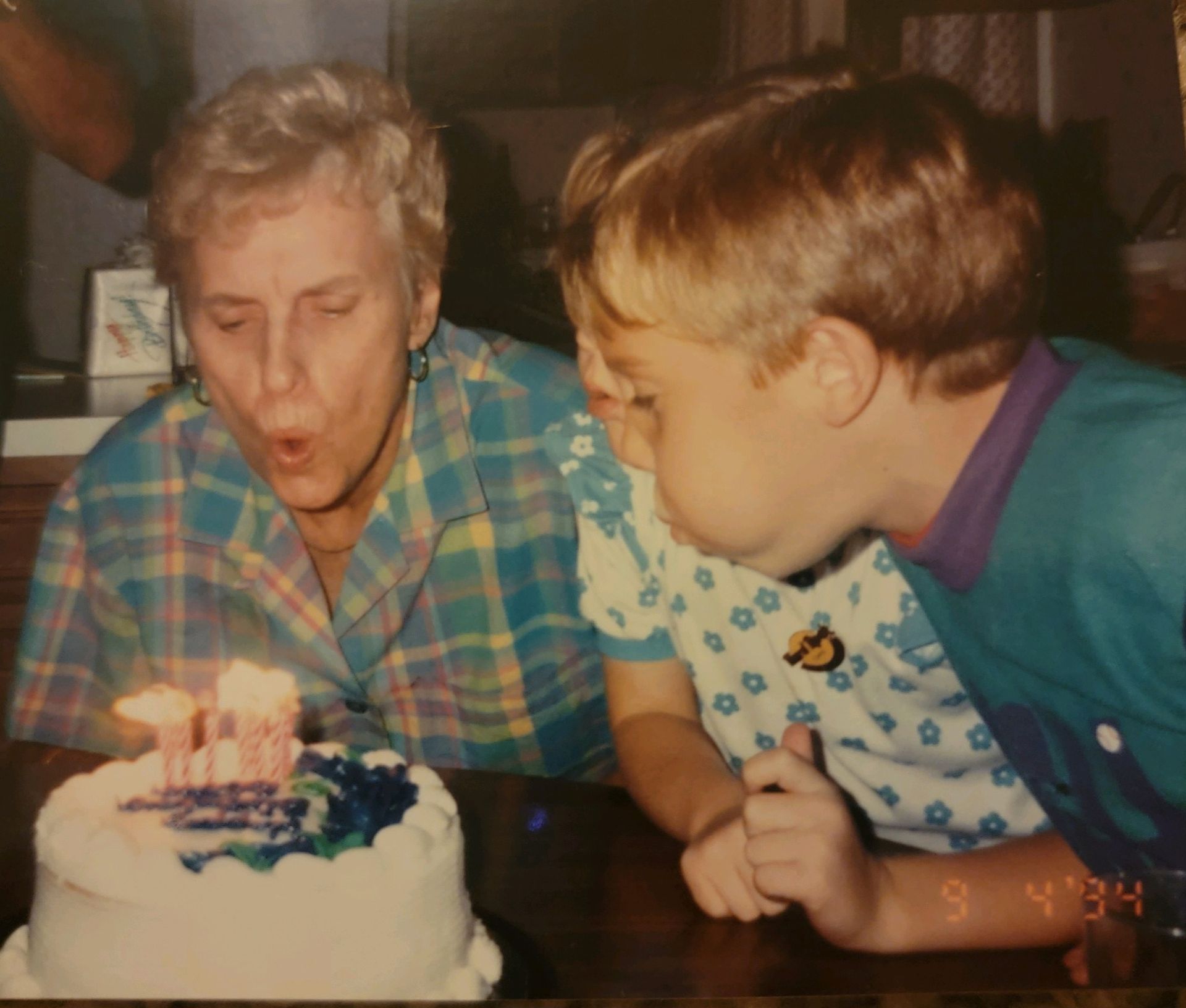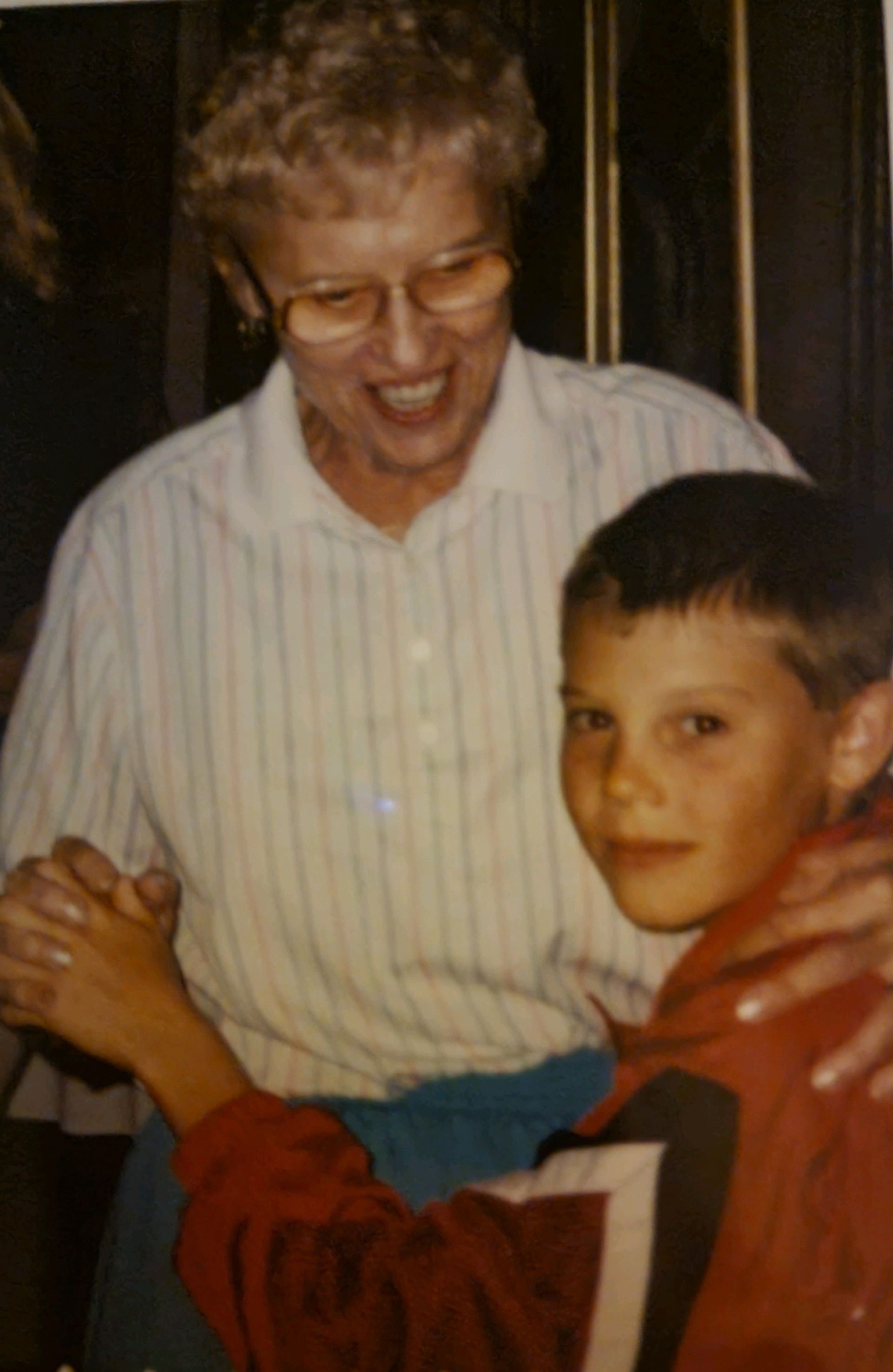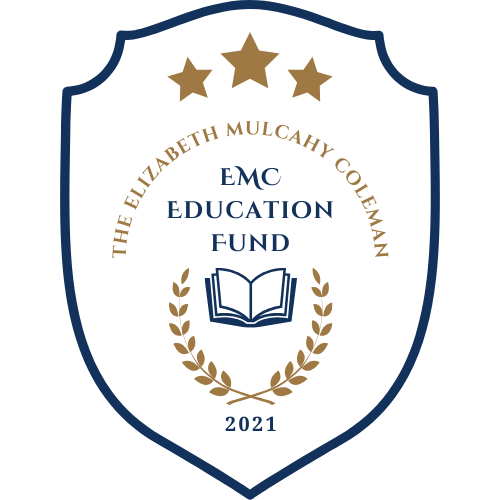|
|
About
The Elizabeth Mulcahy Coleman (EMC) Education Fund
Education is not preparation for life, education is life itself.
John Dewey
|

Our Inspiration
The Elizabeth Mulcahy Coleman Education Fund is named for founder Brad Held’s grandmother, whom he affectionately called Nana. Brad is profoundly grateful for the influence that Nana had on his life. He remembers her as an unwavering pillar of support for him - in any circumstance. As a child, Brad often found himself having to answer for his actions. Regardless of the situation, Nana was there to mentor and support him. She helped him realize that obstacles can be overcome and that in overcoming obstacles we become stronger, more honorable citizens. Many students lack someone in their life who can mentor, teach, and support the learning of vital interpersonal skills while encouraging educational achievement.

Brad's Journey
Brad was a third grader in Ms. Hake’s class. One routine afternoon, Ms. Hake had enough of Brad’s disruptions. She lost patience with him and said “Enough! Go to the principal’s office!” Unfortunately, this was not the first time Brad had been sent to the principal’s office. In fact, he frequently spent time there. Brad knew he had gone too far this time and that he was in deep trouble. He decided that instead of walking into the principal’s office, he would walk out the front door. The door clicked shut and locked behind Brad. He ducked behind the bushes in front of the entrance to the school. Time to come up with a plan! Soon he saw a police officer pull up and walk into the school. Within minutes, Brad watched in horror as his dad arrived and walked inside also.
The situation quickly spun out of control as a result of Brad making one poor choice after another. Brad still frequently finds himself in principals’ offices. However, these days he enjoys and looks forward to his time spent with school administrators. He values the opportunity to learn first-hand about the challenges students face. He also sees the challenges educators are working to overcome to ensure that every student has the opportunity to complete high school and be prepared for a successful future. Brad has developed relationships with educators and students in school districts all over the state of Ohio. He has worked tirelessly to bring value to them by facilitating activities that improve schools’ climate and culture. Brad’s story is one of personal transformation. He has matured from the student creating the problems, to the adult facilitating solutions to address students’ and educators’ needs. Creating the EMC Education Fund allows Brad the opportunity to be a pillar of support in education. That would certainly put a smile on Nana’s face.
Meet Cordell.
Dr. Campbell, a career educator at an Ohio rural school, recently shared the story of Cordell, a senior who transferred to this rural high school from an inner-city school, midway through the school year. Cordell was a tall, skinny kid with gauges in both ears and at first glance fitting in wasn’t going to be easy in the blue-collar community. "Cordell was up to date on his class credits which qualified him for a class called Senior Project. Since Cordell was new to the community and since I taught Senior Project, he asked if he could work for me. I, of course, said yes. Cordell showed up for about a week and a half, sitting in the back corner of the room with his headphones in. I made multiple attempts at developing a connection. After that first week and a half, he stopped showing up for Senior Project. Our community is very transient. As a result, I didn’t take the time to check on Cordell to see if he had moved or what was going on in his particular situation. A week or so later, I was driving home from school and noticed Cordell walking home. He had obviously been at school that day, but he hadn’t been in my Senior Project class. It dawned on me that he was skipping my class. I offered Cordell a ride home and didn’t ask where he had been or even talk about anything school related. We “shot the breeze” and talked about life in general. This routine was repeated several days in a row. Finally, one afternoon I said, “Cordell, I’m not mad at you and you’re not in trouble. I just need to know where you’re going each day during Senior Project?” After an awkward pause, he mumbled, “I didn’t think I could tell anyone this. My mom is a meth addict. She had recently quit, but when we moved here, she started up again.” He explained that he was leaving school during Senior Project to walk home and check on his mom. He literally made that walk home daily to ensure that his mom was still alive. Then he’d walk back to school in time to attend the remainder of his core academic classes each day. Through my training in SEL, I was able to work alongside Cordell and connect him to some community support systems. The last time I saw Cordell walking, he was walking across the stage to receive his diploma. "

|

